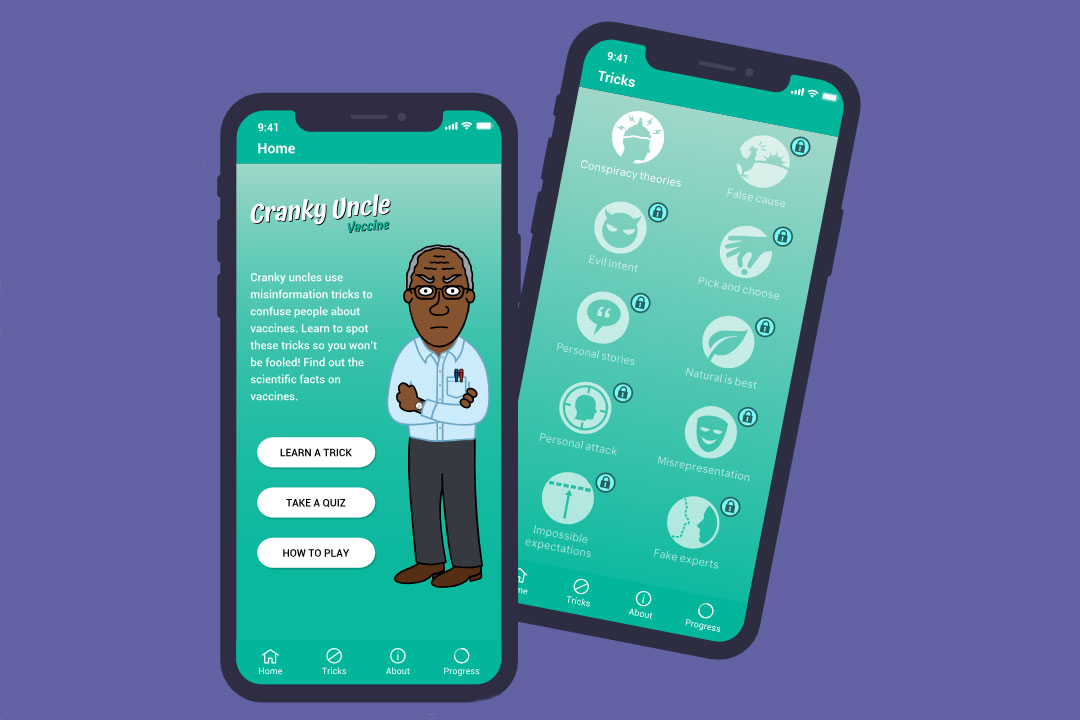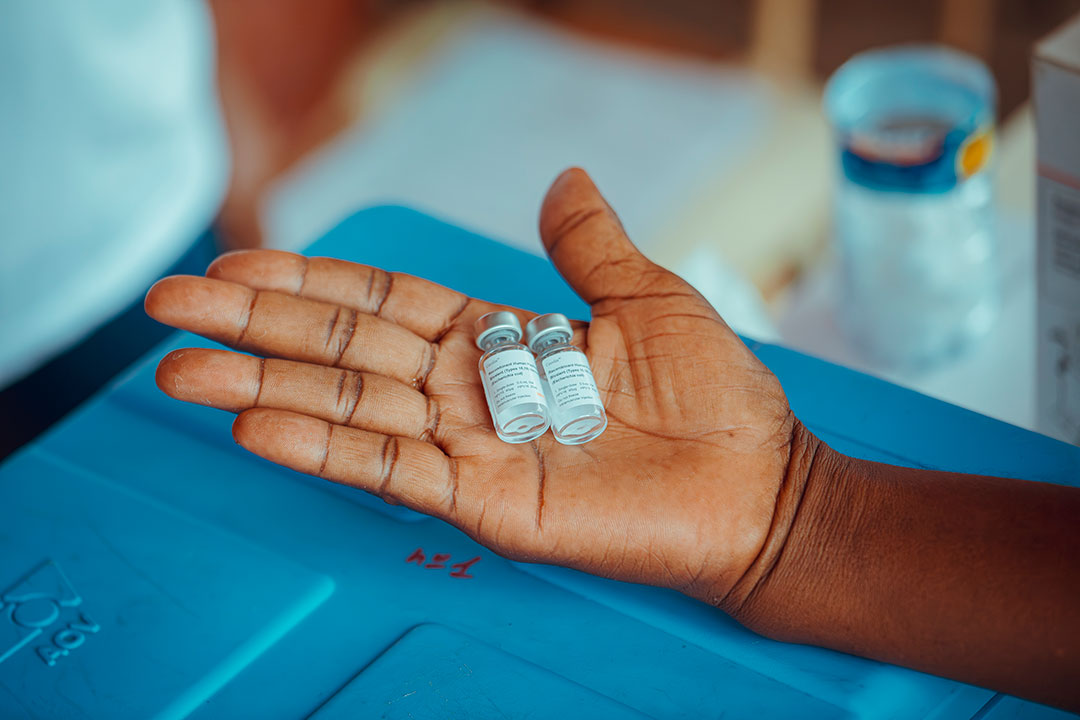Will we see a return to masks and lockdowns against COVID-19 this winter?
As COVID-19 cases start to rise in the northern hemisphere and new data indicates that non-pharmaceutical interventions were effective in cutting cases, could we see a return to winter restrictions?
- 12 September 2023
- 4 min read
- by Priya Joi

For many of us, lockdowns and other restrictions during the height of the COVID-19 pandemic have been filed away as an extraordinary moment in history in which the entire world was battling the same threat.
Yet three and a half years on, as the northern hemisphere moves towards winter and new variants of SARS-CoV-2 continue to evolve, talk of mask mandates and even lockdowns have been surfacing again.
"Deaths are increasing in some parts of the Middle East and Asia, intensive care unit admissions are increasing in Europe and hospitalisations are increasing in several regions."
– Dr Tedros Adhanom Ghebreyesus, WHO Director-General
In the US, some private hospitals and clinics have reinstated mask requirements given the worrying spread of new variants, and the UK has brought forward its flu and COVID-19 booster vaccine campaigns by a month because of a spike in cases.
These moves are to counter the threat from the ever-evolving SARS-CoV-2 virus that is continuing to spawn new versions of itself. One of the latest sub-variants of Omicron that seems more infectious and able to evade immunity than previous variants has been called EG.5, nicknamed "Eris" after the Greek goddess of strife and discord. Eris is now the most prevalent variant, accounting for over a quarter of cases (26.1% by mid-August).
Worrying trends
Although countries are seeing a spike in cases in the last month or two, this is not the full picture and are likely to be an underestimate, says the World Health Organization, as many countries have stopped reporting cases and deaths.
The UK, for instance, is seeing 100,000 new cases a day, according to the Zoe Health Study, which is still continuing national surveillance.
"We continue to see concerning trends for COVID-19 ahead of the winter season in the Northern Hemisphere," WHO Director-General Dr Tedros Adhanom Ghebreyesus told an online news conference last week.
"Deaths are increasing in some parts of the Middle East and Asia, intensive care unit admissions are increasing in Europe and hospitalisations are increasing in several regions," he said.
Effective measures
A study by the UK Royal Society published on 24 August 2023 showed that approaches to curb the spread of the virus such as masks, social mobility restrictions and lockdowns were effective at blunting the number of cases and deaths that would otherwise have been seen, especially in the first year when there were no treatments or vaccines against COVID-19. However, the report acknowledges that when highly transmissible variants such as Omicron emerged, they were less effective.
Have you read?
One of the most controversial restrictions – mobility restrictions and limits on the size of social gatherings – was the most effective and led to a "significant reduction" in transmission of the virus.
These "non-pharmaceutical measures" can be especially valuable, says the report in "buying time" to develop drugs and vaccines.
The speed with which COVID-19 vaccines were able to be developed has led to an ambitious '100 days mission' to make treatments, vaccines and diagnostics rapdily available in the event of a future pandemic.
Chris Dye, professor of epidemiology at the University of Oxford, who led the review on masks for the Royal Society, said "it would be marvellous" if there were a 100-day vision for non-pharmaceutical interventions as well. This would mean countries could "put in place the necessary mechanisms for preparedness, which would be to implement [non-pharmaceutical interventions] when some unknown new pathogen comes along."
Another lockdown?
Masks may well make a comeback, but most likely will only be mandatory in specific situations, such as healthcare settings such as clinics and hospitals. Indeed, the benefits to wearing masks extend beyond stopping the spread of COVID-19 as they can be useful at curbing the spread of any infectious respiratory disease, especially for people with vulnerable immune systems or in close, poorly unventilated spaces such as underground trains and in planes.
"I think the chance of another lockdown is somewhere between ‘extremely unlikely’ and ‘vanishingly unlikely’."
– Professor Christina Pagel, of University College London
Professor Paul Hunter, of University of East Anglia, told iNews: "Lockdowns are a blunt tool for controlling pandemic spread. They were pretty effective in the early months of the pandemic but there was evidence that even by the second wave (alpha variant) they were not as effective as in the first wave."
Professor Christina Pagel, of University College London, added: "I think the chance of another lockdown is somewhere between 'extremely unlikely' and 'vanishingly unlikely'."
While this winter may feel very different to the past few, the important thing is to avoid complacency. People with vulnerable immune systems should take vaccine boosters where offered, said WHO chief Dr Tedros.









